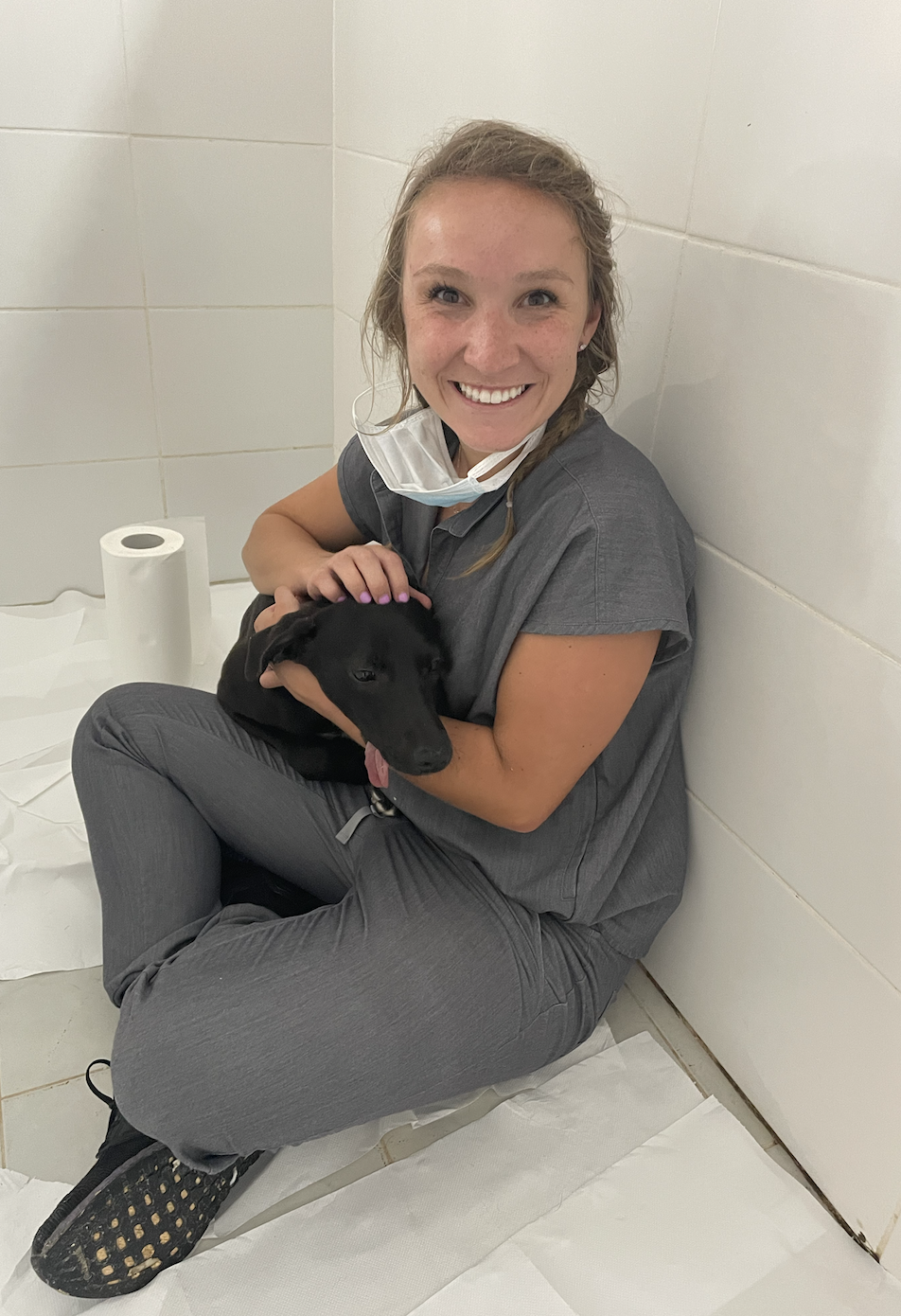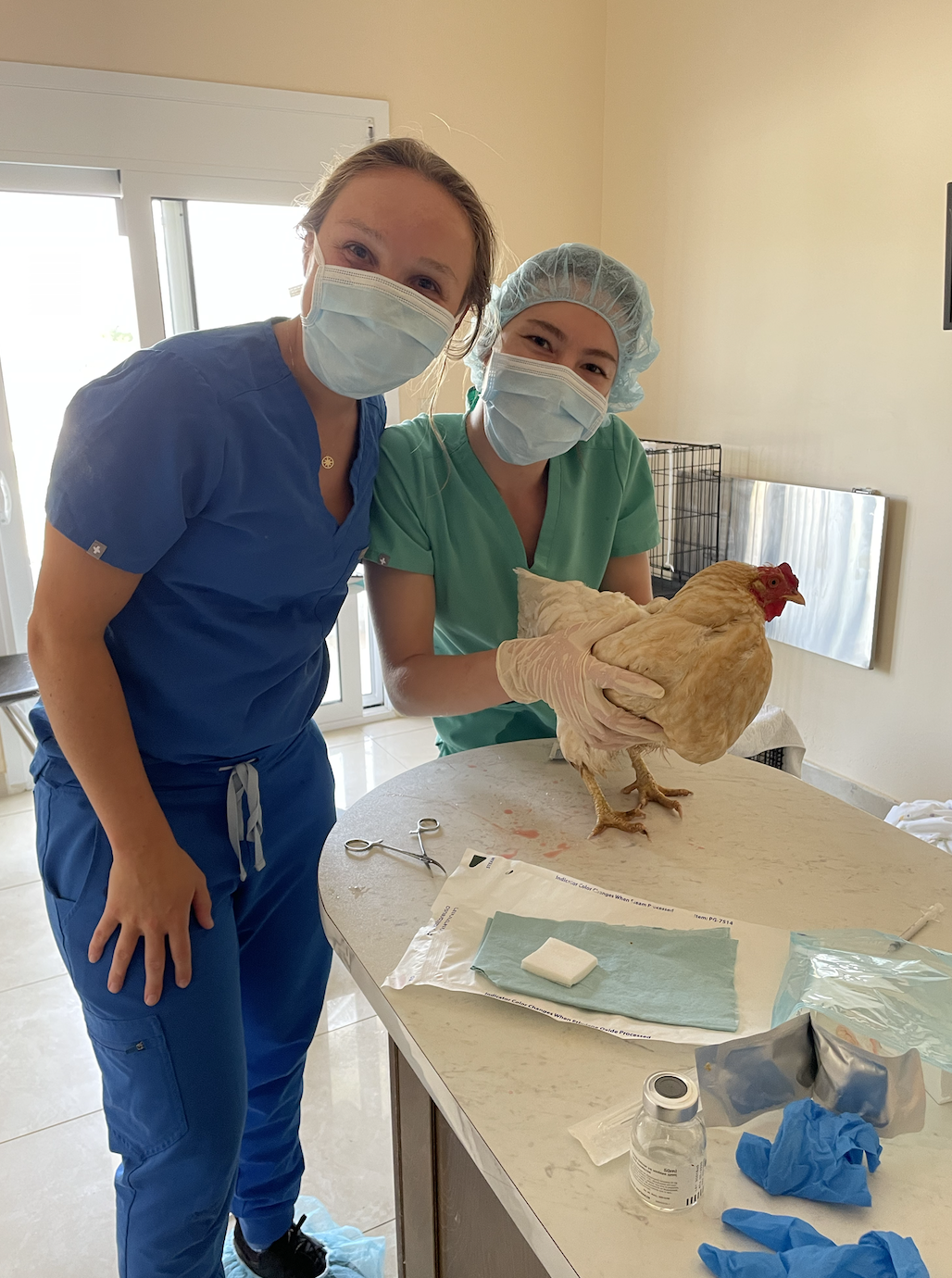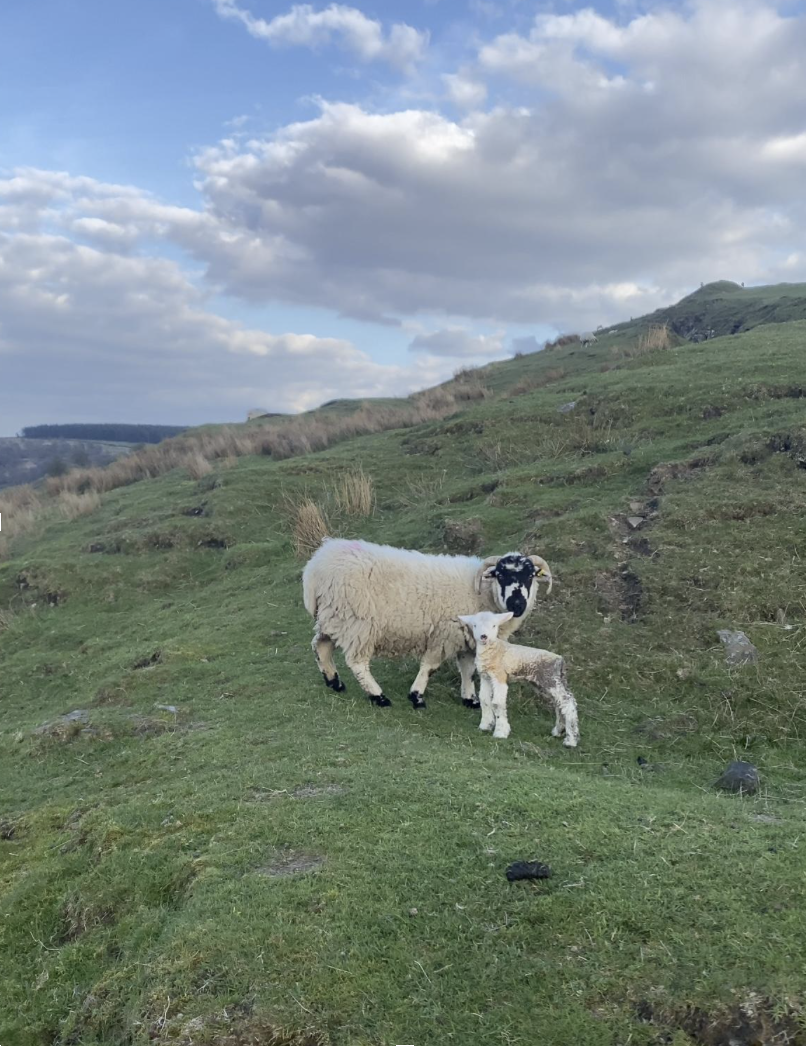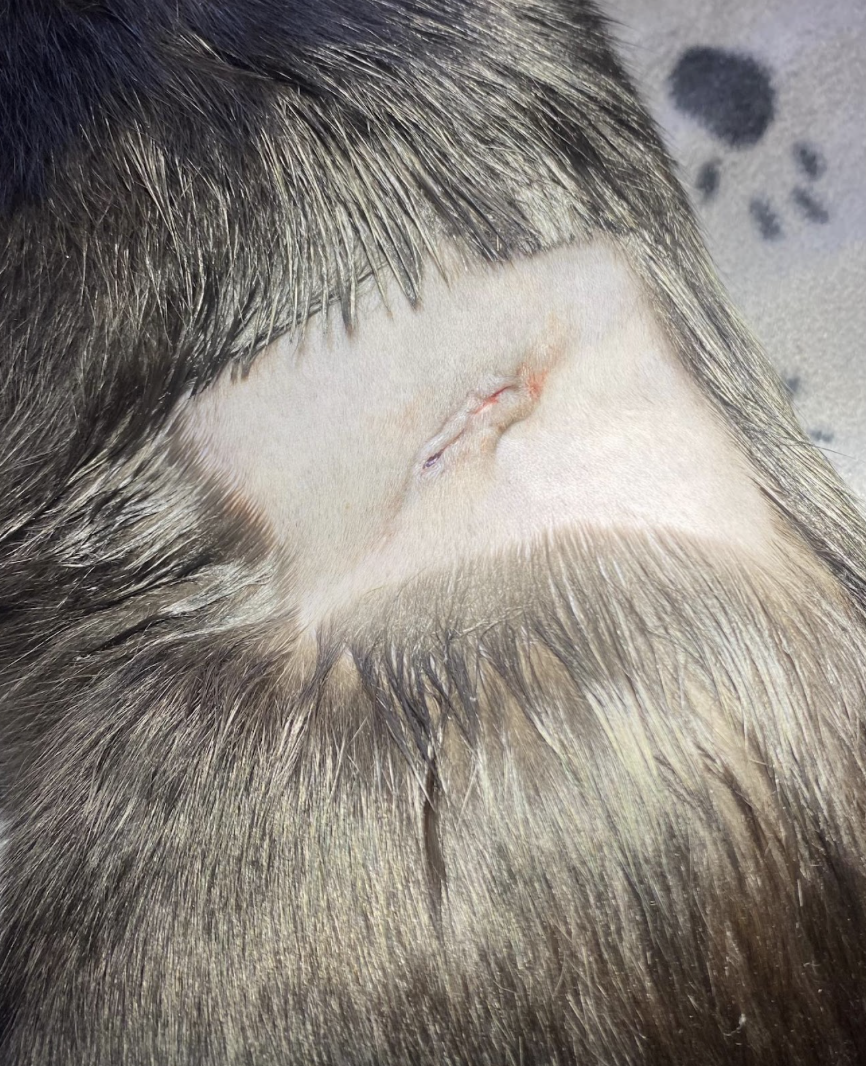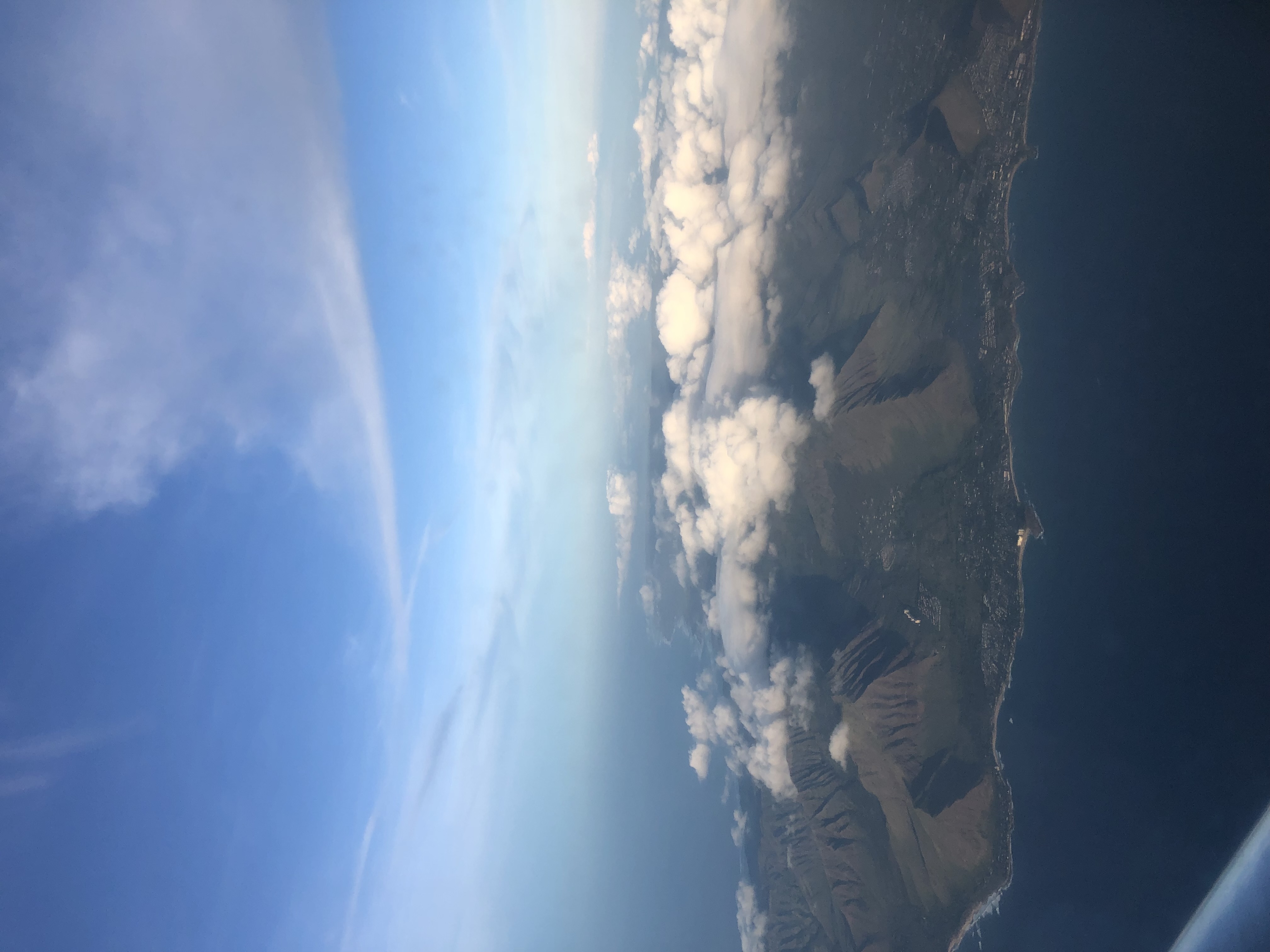STUDENT EXPERIENCE: Schwarzman Animal Medical Center
 Thursday, March 7, 2024 at 12:00PM
Thursday, March 7, 2024 at 12:00PM Submitted by Chauntelle Dozier, Ross University
I spent 80 hours of my externship at the Schwarzman Animal Medical Center in the upper east side of New York City between January 1st, 2024 to January 14th, 2024. Schwarzman Animal Medical Center (AMC) is a Level 1 Veterinary Trauma center in New York City and the world’s largest non-profit animal hospital. AMC has over 20 different specialties under one roof including: neurology, emergency and critical care, internal medicine, dentistry, radiology, cardiology, oncology, dermatology, ophthalmology, surgery and more.
During my time at the Animal Medical Center, I did my externship in the ER and ICU department. Over these two weeks, I was able to observe the fast-paced emergency medicine alongside being mentored by 7 criticalists, 8 ER veterinarians, ECC residents and rotating interns. Although the majority of my externship was observation due to the legality of things, I was able shadow the many different levels of veterinarians and be apart of difficult conversations and history gathering from clients, initial triage exams for critical and non-critical patients and see what stabilization looks like, observed CPR being performed, discussing differential, diagnostics and treatments for cases/illnesses, POCUS (point-of-care-ultrasound) training, listened in on ICU (Intensive Care Unit) rounds, observing emergency procedures (pericardiocentesis, thoracocentesis, abdominocentesis, unblocking a male cat, and an emergency proptosis repair: i.e placing the eye back in place and doing a temporary tarsorrhaphy), being apart of quality of life conversations, being included in neurology, surgery and cardiology consultations, and observing a wide variety of exotics in the emergency room including: Chinchillas, birds, hamsters, rabbits, and guinea pigs. On top of observing a majority of cases, I was able to perform my own physical exam, neurologic and orthopedic exams on certain patients, auscultate cases that are in respiratory distress or have cardiac disease to appreciate the degree of disease, practice using the ultrasound probe on patients doing POCUS training, performing rectal exams on patients with rectal masses present, making and interpreting blood smears, making and interpreting cytology slide exams taken from masses, being apart of interpreting blood work and radiographs, and answering and asking questions with the veterinarians that I shadowed.
With the Schwarzman Animal Medical Center being a Level 1 Veterinary Trauma Center in NYC, it serves as a referral hospital to the surrounding emergency and general practice hospitals. I was able to observe the amount of phone calls for referrals that AMC ER would get on the daily alongside the recommendations/consultations that the criticalists and the ER doctors would have with other veterinarians about referring cases.
During my two weeks at AMC, I mostly shadowed the rotating interns and I personally got to work with Dr. Lauren Saunders, DVM (ER Doctor) the most. One of the most valuable, repetitive and important conversations we discussed was whether or not to do a traditional rotating internship after vet school. I expressed that I want to do emergency medicine after my time in veterinary school is done. The conversations that I had with the interns, residents and ER doctors in pursuing a rotating internship is invaluable. The knowledge and experience gained through a rotating internship is unmatched as a majority of your time will be in emergency (~50% or more depending on the speciality you would to pursue), and the rest of your time will be spent rotating through other specialties such as oncology, medicine, radiology, neurology, ophthalmology, and cardiology.
Overall, throughout my externship experience, I learned so much just by observing. Some of the most important things I learned was what a triage exam includes and becoming more comfortable as to what a stable vs. unstable patient looks like, and becoming more comfortable with POCUS (point-of-care-ultrasound) training and acknowledging and identifying what we are looking for via ultrasound on an emergency basis and identifying organs, fluid accumulation, abnormal/suspicious areas, and mass-effects. I appreciate and I am grateful for all of the kennel workers, PCAs, technicians, interns, residents, emergency doctors and criticalists at the Schwarzman Animal Medical Center for taking part in furthering my medical knowledge. I have always been interested in emergency medicine but never worked in an emergency clinic or setting prior to veterinary school and having this externship opportunity solidified my path towards emergency medicine in my future.
 experiences,
experiences,  student experience in
student experience in  Extern and Internships
Extern and Internships 
